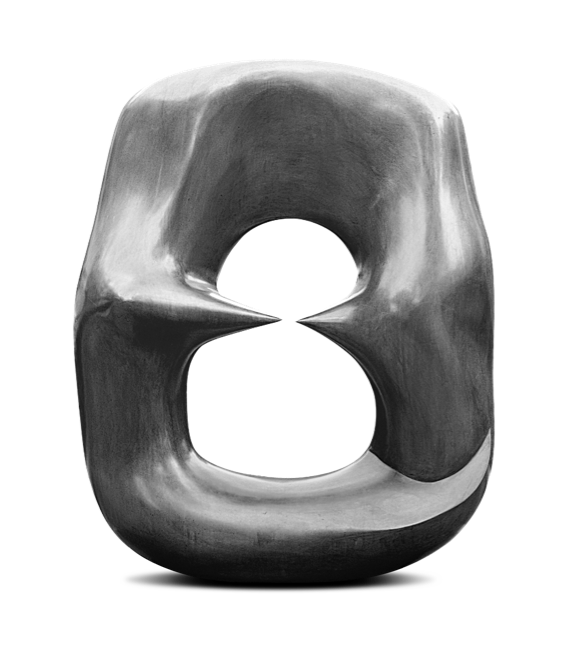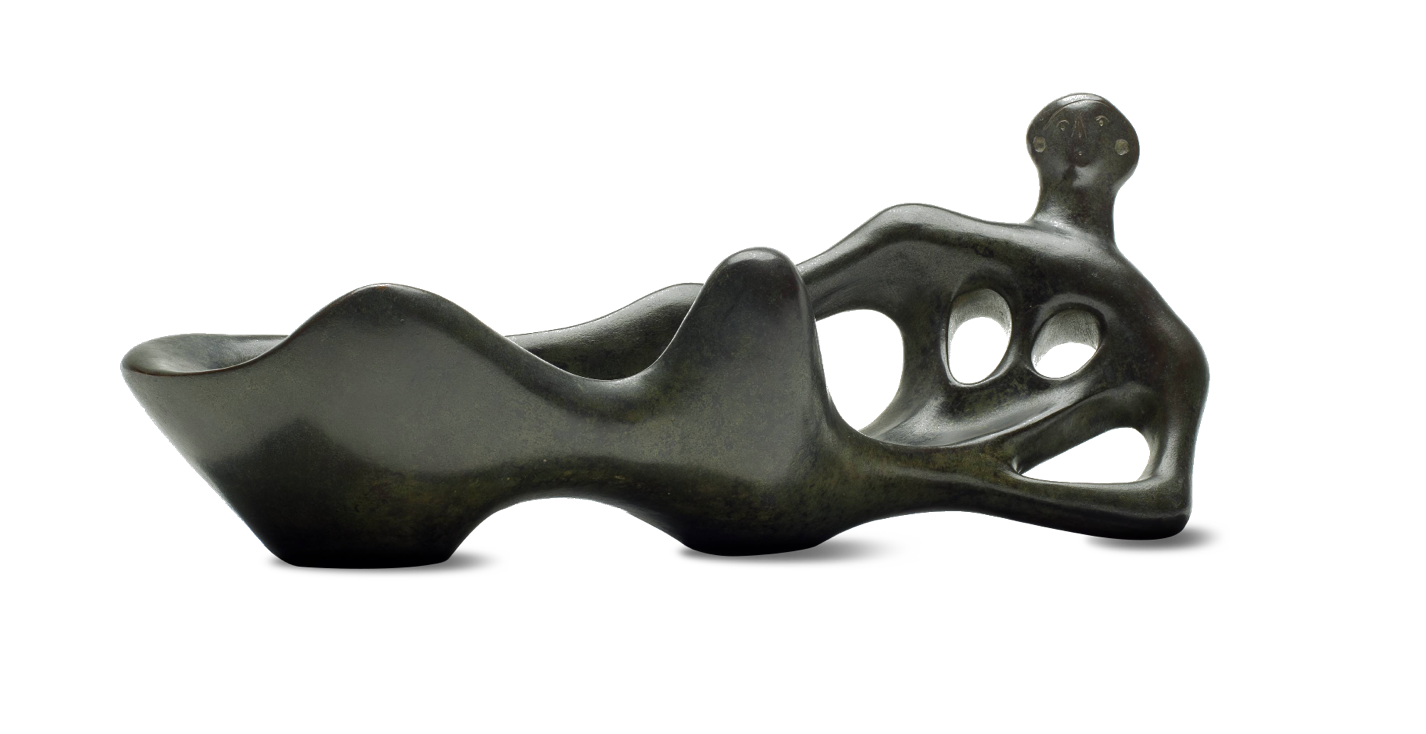

Discerning meaning in form
The Society of Mathematical Aesthetics is developing new approaches to understand beauty in all its forms. By application of the principles of geometry, symmetry and information theory, we explore how observable structure differs from randomness, encoding information, and how this can inform quantitative aesthetic measures.

A modern framework for collaborative research. Bringing together experts from fields including mathematics, computer science, art, music and architecture. Contribution is open to all, regardless of qualification or background. If you are interested in exploring quantitative theories of aesthetics, you can be part of the discussion.
The Society maintains a growing electronic library of both popular and academic literature on mathematical aesthetics, and resources covering the history, the key achievements and the current open problems in the field.
The latest research and features from the Society are available at our Substack. We also feature special articles by guest experts on chosen topics. Sign up with your email address and become a digital member of the Society of Mathematical Aesthetics.
Our Discord server hosts detailed discussions for collaborating on research. Organised by specific field – such as geometric, artistic, musical or physical – discussions also cover relevant topics including AI and generative art, human perception and colour theory.

A new formalisation of beauty
Aesthetics transcends more than one domain. We are focused on producing mathematical frameworks which are flexible enough to unify these different areas.
In doing so, we seek to produce theories of beauty able to describe composition, melody, structure
and even complex networks.
Our ultimate ambition is to describe how the rules of mathematics allow for the phenomenon of beauty to emerge.

Applied mathematician, artist and researcher. He is fascinated by complex systems, information theory and how these relate to ideas of beauty. His goal is to understand how observations of beauty can reflect the innate information stored structurally in objects, and the implications of this for life, complexity and ethics.